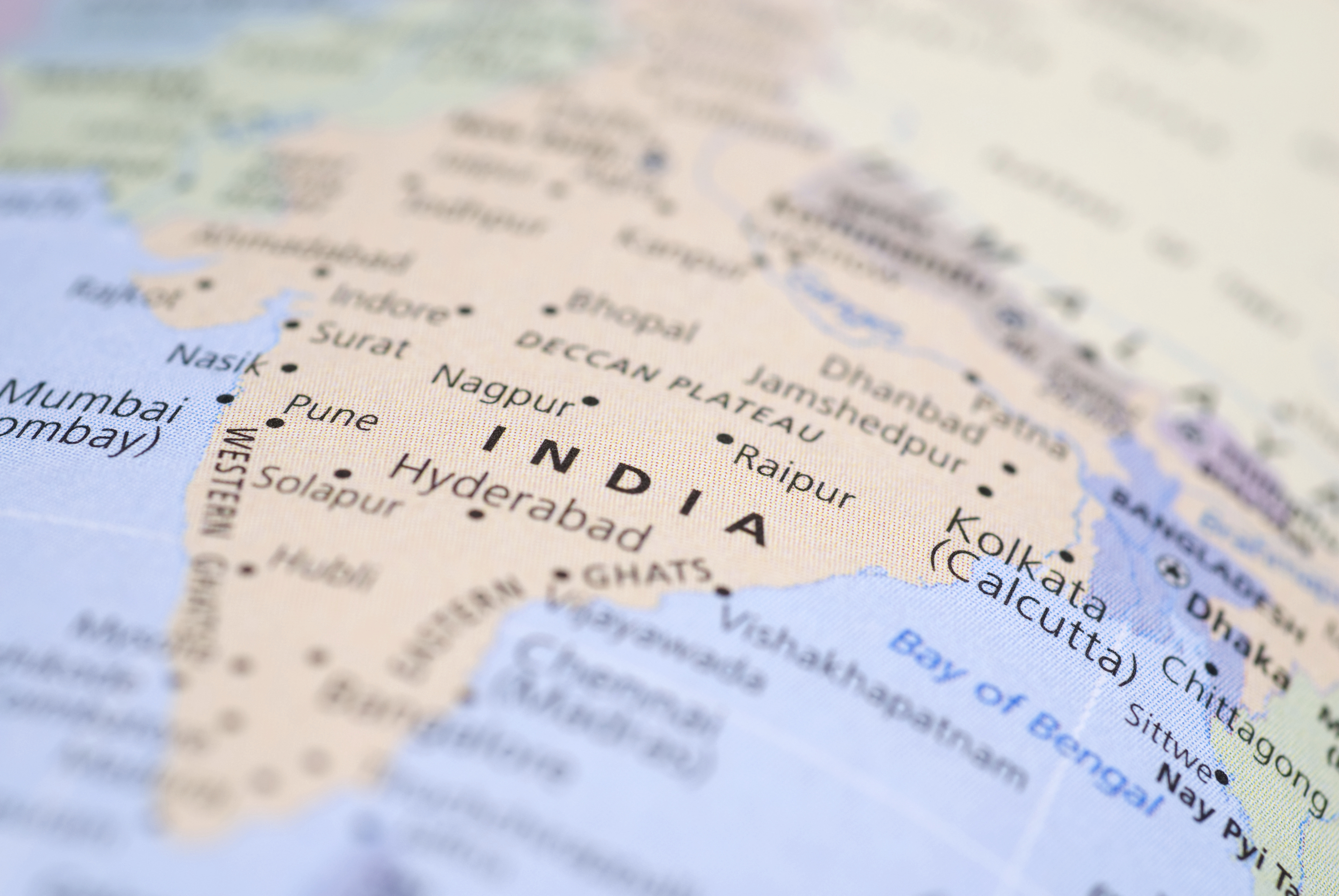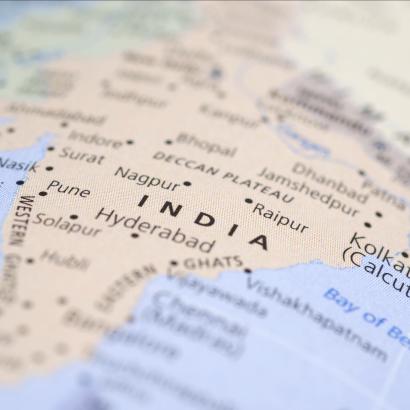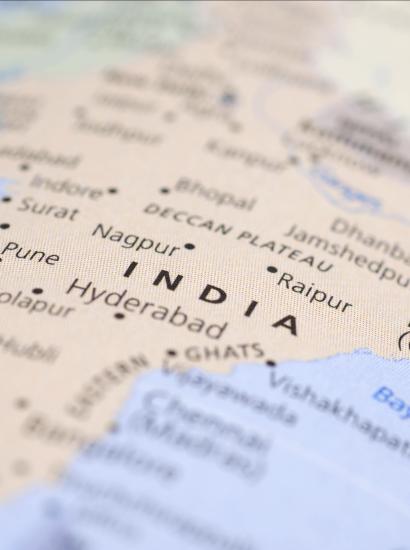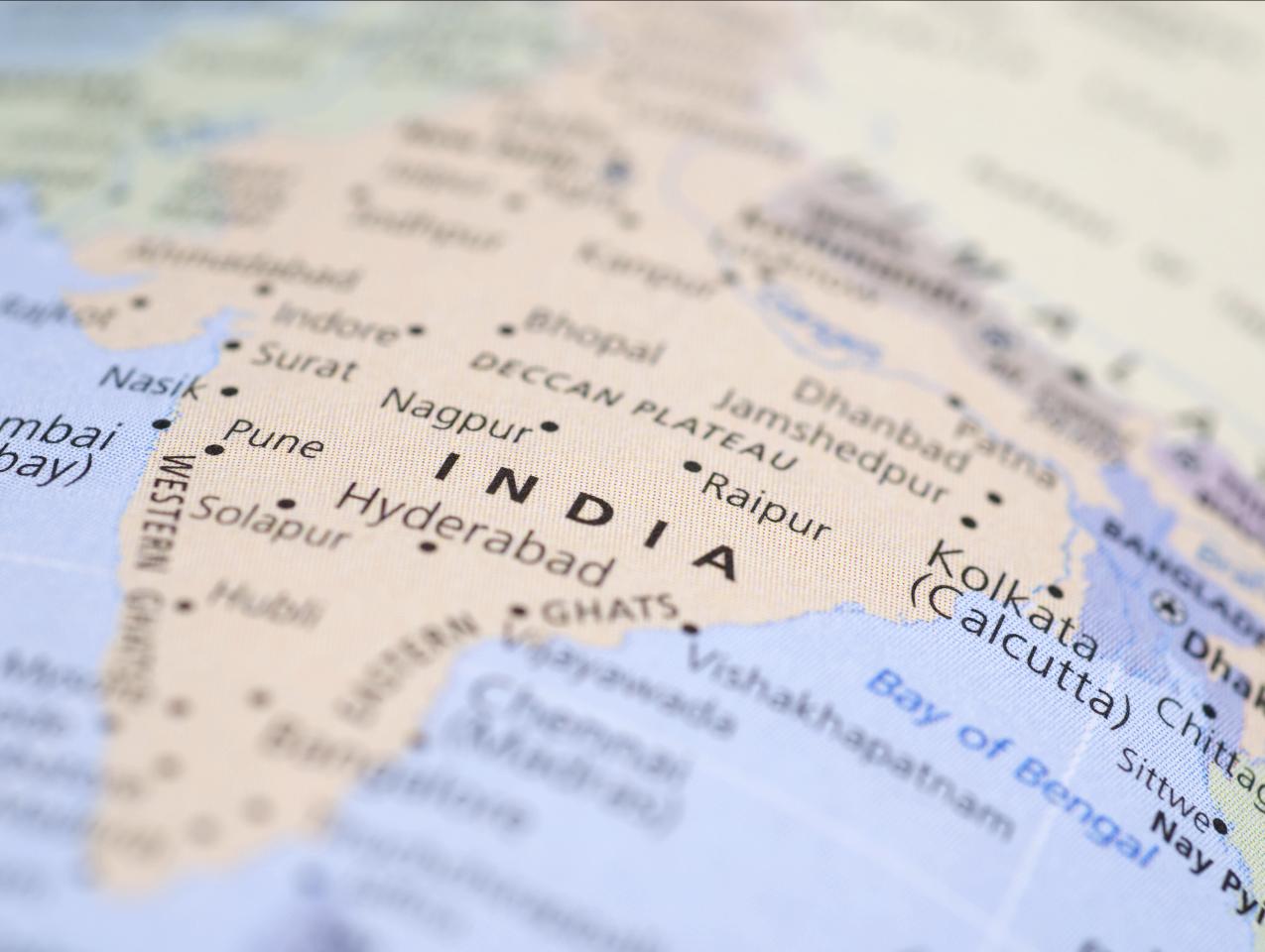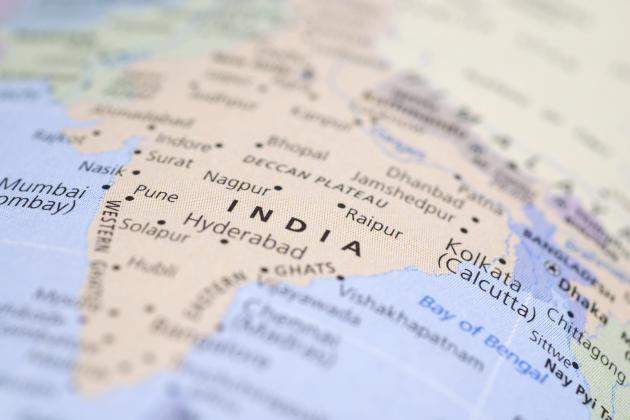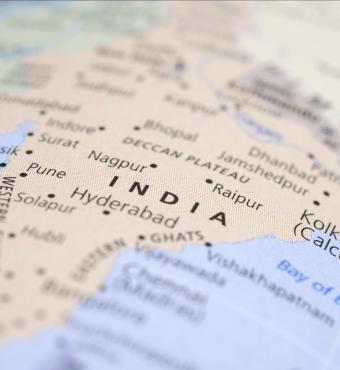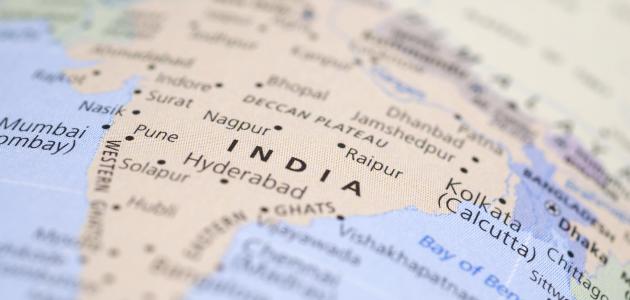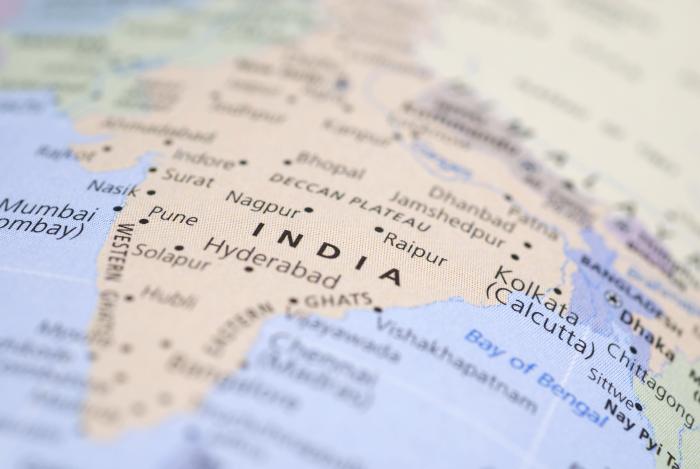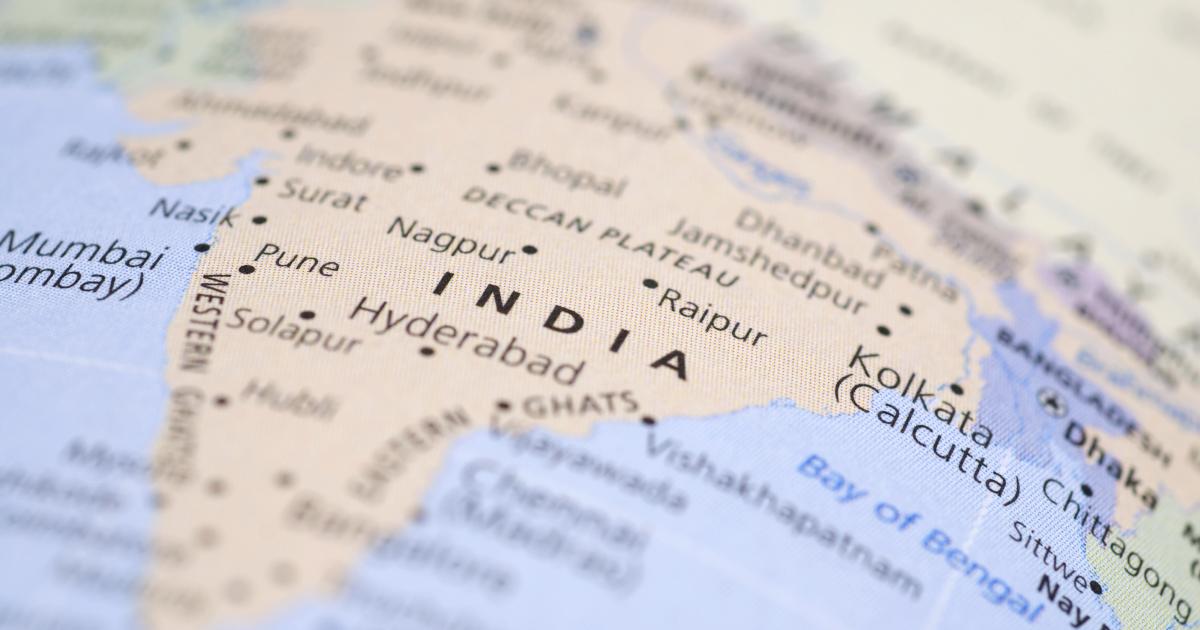“India’s history is a curiously unpeopled place,” writes Sunil Khilnani. You might think this a strange thing to say about a land that has always been bloated with human life, but what the author means is that India’s historiography is prone to gloss over real people and focus instead on “dynasties, epochs, religions, and castes.”
The nature of Indian civilization ensures that there are spiritual figures on the list, including the founders of three religions—Mahavira (of Jainism) and Nanak (of Sikhism), in addition to the Buddha. There are kings aplenty, including the great and remorseful Ashoka, who embraced nonviolent Buddhism after his troops slaughtered more than 100,000 enemies in battle in the third century B.C.; Rajaraja Chola, the mighty Tamil who traded with and Hindu-ized large chunks of Southeast Asia in the 10th century; and Shivaji, the 17th-century guerrilla-chieftian who took on the Mughals and whose legacy has been appropriated (and distorted) by Hindu zealots in present-day Mumbai. There’s also Akbar, the 16th-century Mughal emperor who was so gloriously cosmopolitan. But why not Aurangzeb, too, Akbar’s great-grandson? Unlike Akbar, he is not remembered with fondness by modern India, and his legacy of austere Islam and destruction of Hindu temples has served to poison sections of the Hindu right in their dealings with India’s Muslims. In a nutshell: He may have been vile, but he matters.
A subscription is required to read the full article "From Buddha To Bollywood."







